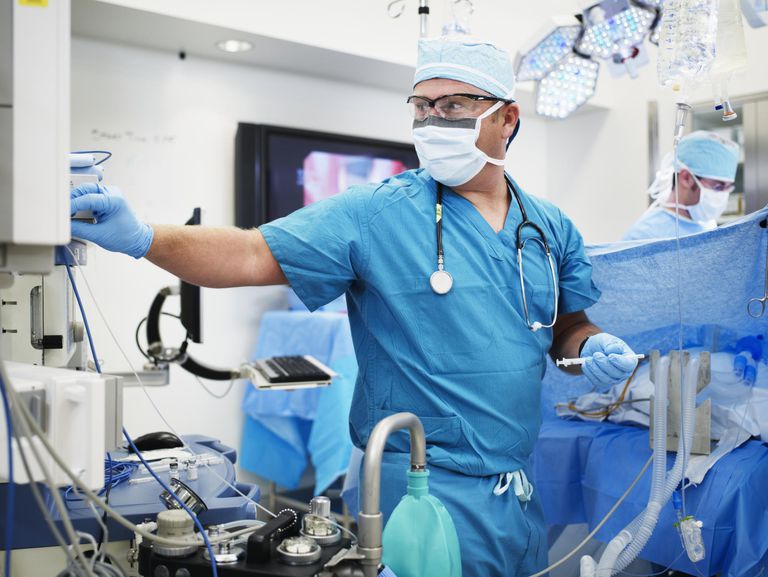
In a major breakthrough in transplantation medicine, Swiss researchers have developed a machine that can repair injured human livers and keeps them alive outside the body for up to a week. The device was developed by a team from the University Hospital Zurich (USZ), ETH Zurich, and Wyss Zurich. The corresponding study has been published in the scientific journal Nature Biotechnology.
The Liver4Life project brought together highly specialized technical and biomedical experts from the various institutions. When the project started in 2015, livers could only be kept on the machine for 12 hours. Conventional technologies can sustain a liver outside the body for around 24 hours at most. In the end, the team created a system capable of maintaining a human liver outside the body for seven days, while also repairing the organ and preparing it for transplantation.
The basis for this technology is a complex perfusion system. The system simulates normal bodily functions, such as delivering blood and oxygen, managing glucose levels and red blood cell counts, and removing waste products, which are supplemented by the infusion of healing agents. The machine has been tested on both pig and human livers and was found to remedy problems caused by severe liver disease, bringing an otherwise unsuitable donor liver back to apparent normal health.
The researchers believe that their device could save many patients suffering from severe liver disease or a variety of cancers by increasing the number of organs available for transplantation. Professor Pierre-Alain Clavien, Chairman of the Department of Surgery and Transplantation at the USZ commented, “The success of this unique perfusion system—developed over a four-year period by a group of surgeons, biologists and engineers—paves the way for many new applications in transplantation and cancer medicine helping patients with no liver grafts available.” The next step in the process will be to use the perfused organs for transplantation.
